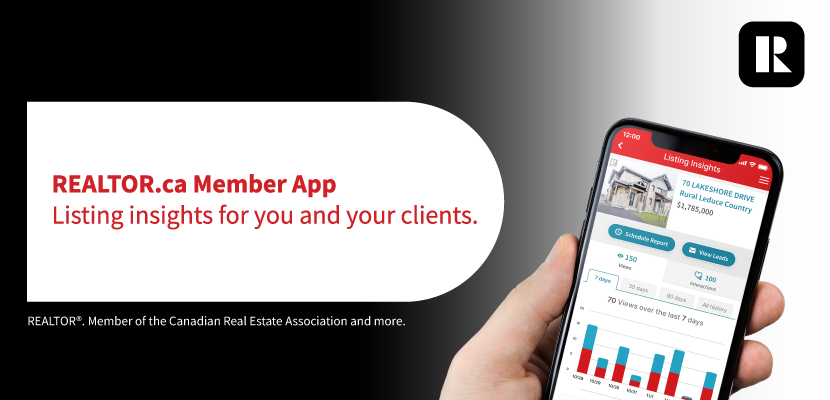 Have you ever asked an acquaintance for a referral and then been unable to get them to give you the potential client’s name? It’s sort of like they give you a present for a moment and then they take it back, isn’t it? Now you see it, now you don’t! Here is a great script to overcome this issue:
Have you ever asked an acquaintance for a referral and then been unable to get them to give you the potential client’s name? It’s sort of like they give you a present for a moment and then they take it back, isn’t it? Now you see it, now you don’t! Here is a great script to overcome this issue:
You: Mr. /Mrs. Past Client/Centre of Influence let me ask you – Who do you know that needs my help in the next little while?
Client: I do know someone, I will tell them about you.
You: That’s great; who do you have in mind?
Client: It is my neighbour/my brother-in-law/somebody at the church.
You: It’s very kind of you to think of me, what would be the best way for me to contact them?
Client: It might be better for them to call you. I’ll give them your name.
Does this sound familiar? Here’s where you turn that around.
You: May I tell you why it always turns out better for me to call them directly?
Client: Sure.
You: What I have learned is that when someone passes along my name, they usually don’t call me. If I call them directly you can be assured that they will receive the same kind of great service you and I have experienced together. Otherwise, they may not end up with someone who is not as committed as I am. Does that make sense?
Client: As a matter of fact it does.
You: Great, so if you could just give me their name and phone number I will be sure to follow up right away.
Next time you run into this stumbling block, take this approach when asking for a referral. It works great and like all great objection handlers, it is to the benefit of the customer. This is why it works. One last reminder… make sure that after you have contacted this new lead that you let your acquaintance know how you made out. They always deserve that courtesy. No excuses.
* * * * *
Be a great cook: In real estate sales, there are a multitude of lead sources, but there are really only two types of sources – short term and long term. Some business takes a long time to develop and the sales cycle is quite lengthy. Some business comes very quickly and the sales cycle is short. Using a culinary metaphor they are the slow roast and the TV dinner. In order to create a solid sales business, you need to have both kinds in the oven at all times. As in life, balance is important… too much of one and not enough of the other creates problems.
Let’s be clear on which is which. Here are some examples:
1. The slow roast business: generating referrals, past clients, centres of influence, geographic farming, social media.
2. The TV dinner business: relocation business, for sale by owners, expireds, sellers who become your buyers.
Not all leads are always in category #1 or category #2. Sometimes situations change. For example, an ad call/ sign call/social media/Internet inquiry could be a long-term or a short-term opportunity. Be sure to find out three things before you decide in which category they belong: their primary motivation, their ability to take action and their timeframe.
Here is the key: make sure you are working both ends of the scale. You need to keep creating long-term opportunities and short-term opportunities. The bonus is that by creating this balance you significantly reduce fluctuations in your income. You will always have closings regardless of the market conditions or the time of year.
One more critical point: Your lead follow-up on the TV dinner business must be rock-solid. Allow nothing to fall between the cracks. Go through those leads every day to be sure you are not missing an opportunity to take them out of the oven and get them on the dinner table quickly. TV dinners are poor meals when they are overcooked. No excuses.
Bruce Keith is a leading motivational speaker and trainer for sales organizations in North America specializing in real estate sales. He has been in real estate more than 25 years, including 15 years as a top coach for thousands of sales agents. Download his free e-report, 5 Building Blocks to Real Estate Results Now at RealEstateResultsNow.com.
Bruce Keith is a leading Real Estate Coach/Author/Speaker. Like Bruce Keith Results on Facebook or connect with Bruce on Linkedin. Email Bruce Keith.
















